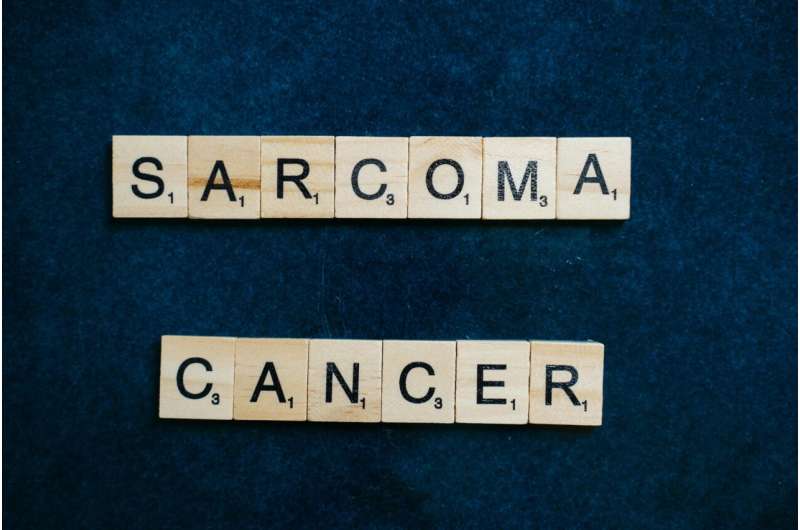Promising New Weight Loss Pill Offers Alternative to Injections

Eli Lilly's new oral weight loss medication, orforglipron, shows promising results in reducing body weight and improving health markers, offering a convenient alternative to injections.
A newly developed weight loss medication by Eli Lilly has demonstrated significant results in recent clinical trials, showing promise as an alternative to injectable treatments for obesity. The study involved over 3,100 adults who were administered different doses of the drug, known as orforglipron, a member of the GLP-1 class of drugs. Participants who received the highest dose experienced an average weight reduction of approximately 27.3 pounds, which equates to about 12.4% of their body weight, over a span of 72 weeks.
Eli Lilly aims to seek approval from the U.S. Food and Drug Administration (FDA) by the end of 2025 to market this oral medication, potentially simplifying obesity management. Unlike current injectable medications such as Wegovy, Ozempic, Zepbound, and Mounjaro, pills are easier to manufacture at large scale and do not require cold storage, making them accessible for broader populations, especially in less developed regions.
The drug works by mimicking GLP-1 hormones, which help to increase feelings of fullness and slow digestion, thereby promoting weight loss. Alongside weight reduction, participants also noted improvements in cholesterol levels, triglycerides, and blood pressure. However, the medication’s side effects, similar to those seen with injectable GLP-1 drugs, included gastrointestinal issues like vomiting, diarrhea, constipation, and indigestion.
Earlier in the year, Eli Lilly also tested orforglipron in individuals with type 2 diabetes, finding it effective in lowering blood sugar levels and supporting weight loss comparable to approved injectable drugs. While direct comparisons with injectable options like Wegovy and Zepbound are pending, experts suggest this oral treatment could greatly increase accessibility and affordability.
Dr. David Cummings, an obesity specialist at the University of Washington, highlighted that although the drug might not be as potent as injectables, its lower cost and easier production could make a significant impact on obesity treatment. Currently, approximately 8 million Americans use obesity medications, yet an estimated 170 million could benefit, hindered largely by high costs and logistical challenges in manufacturing injectable drugs.
This development marks a promising step towards more accessible obesity therapies, potentially reaching a wider population than ever before, with the added advantage of easier storage and distribution.
For more details, visit source: https://medicalxpress.com/news/2025-08-alternative-weight-loss-pill-early.html
Stay Updated with Mia's Feed
Get the latest health & wellness insights delivered straight to your inbox.
Related Articles
Federal Court Halts Layoffs at U.S. Department of Health and Human Services
A federal court has temporarily halted layoffs at the U.S. Department of Health and Human Services, citing legal violations and potential harm to public health services amid ongoing restructuring efforts.
Measles Outbreak at Luna County Detention Center in New Mexico
A recent measles outbreak at Luna County Detention Center in New Mexico underscores the importance of vaccination in controlling the contagious disease amidst rising cases nationwide.
Innovative PET Imaging Technique Enhances Detection of Coronary Artery Disease
A new PET imaging technique offers a simplified and accurate method to detect coronary artery disease, improving diagnosis during exercise stress testing.



